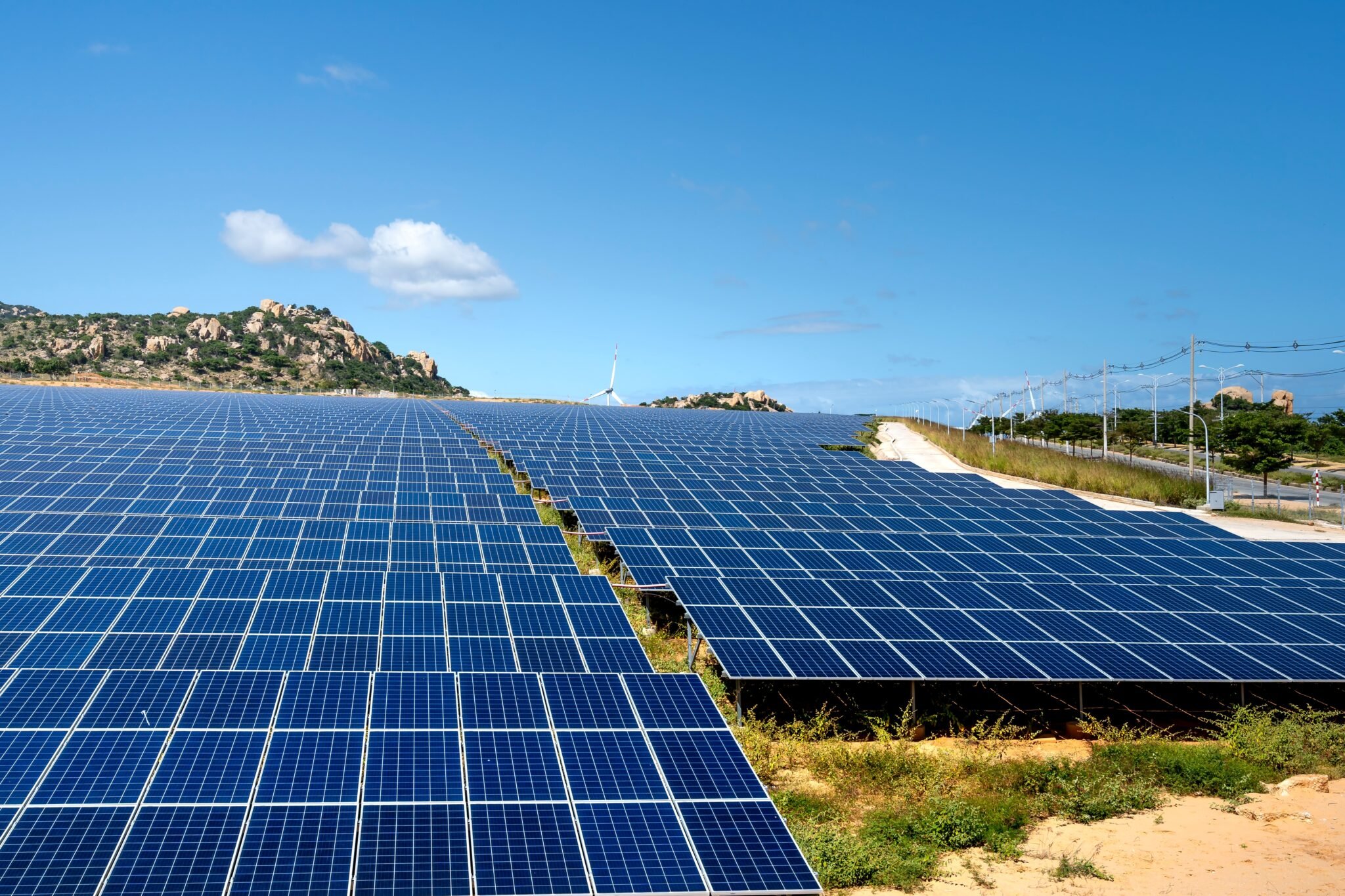Recycling old Solar Panels and Equipment in texas
Net Zero Waste
Net Zero Cost.
Welcome to Solar Recycling™️…
Specializing in large commercial and utility-scale solar panels recycling in Texas. We partner with solar installers, contractors, real estate developers and solar panel recycling companies around the world that want to recycle excess new and used / old solar panels and equipment.

solar panel recycling Services in Texas
Sell Solar Panels & Equipment
Solar Asset Recovery is the secondary market for excess new and used solar panels, inverters, battery backup storage.
Solar Panels Recycling & Destruction
If we cannot recover any value on your solar panels and equipment we can offer a downstream recycling old solar panels service in Texas.
Buy Solar Panels & Equipment
Interested in procuring used or refurbished solar panels, inverters, or battery storage?
We ship globally.
Recycle broken Solar Panels in Texas!
By submitting this form, I agree to receive email responses from Solar Recycling™️.

scrap solar panel recycling company in Texas
Solar Asset Recovery is the scrap solar panels recycling company. We help to minimize the waste and try to offset costs of shipping and handling by recycling your old and used solar panels and equipment.
Are you looking to recycle broken solar panels, inverters or power storage in Texas? Contact us with the details and would love to see if we can be of assistance.
*We don’t typically deal with small residential projects, only large scale commercial and utility-scale decommissioning. Typical minimum would be 100 panels.
We Work With
Solar Installers
Commercial Roofers
Electrical Contractors
energy and utility companies
general Contractors
Connect With Us
It’s tough to be proud about how environmentally friendly renewable energy sources are if they turn out to be major sources of pollution in the future.
Frequently Asked Questions
There are several valid reasons why you should recycle your end-of-life, unused, or broken solar panels, and below we’ll discuss some of them.
The most important one is arguably the fact that recycling your solar panel in Texas is the environmentally responsible thing to do.
Solar panels are made with hazardous materials (i.e., cadmium, chromium, lead, and others). When you irresponsibly dispose of your solar panels, these hazardous materials can pollute the environment. Responsible recycling of solar panels can help to keep these dangerous materials out of waterways or landfills.
Another important reason to consider is the fact that recycling solar panels in Texas can help to conserve resources. Manufacturing a solar panel is expensive and requires the use of many valuable materials. In the recycling process, we can recover some of these valuable materials, be it silicon, glass, or even silver and copper.
We can then reuse these materials to make new products, including new solar panels. This practice can indirectly contribute to protecting the environment, since we can reduce the need for extracting non-renewable resources from the earth.
A typical solar panel recycling process in Texas, Florida, Arizona or California follows these steps:
- Dismantling: the first step in the solar panel recycling process in Texas is to dismantle the panels. This step typically involves dismantling the glass, metal, and plastic components from the panel. Plastic components tend to be more difficult to remove than glass and metal components.
- Hazardous materials removal: solar panels may contain hazardous materials such as chromium, lead, and cadmium. In the recycling process, these materials are removed from the glass panels before being disposed of in an environmentally responsible and safe manner, for example, by incinerating them, shredding or disposing of them in a landfill.
- Glass recycling: the glass materials extracted from the solar panel will then be recycled into new glass products (i.e., bottles, windows, or even other solar panels.) Recycling glass involves crushing it into smaller pieces before they are then melted down and re-formed into new products.
- Metal recycling: recycled metal materials can be used to make new metal products, such as phones, cars, and other hardware. Metals are melted down at very high temperatures and then cast into new shapes to form new products.
- Plastic recycling: the plastic materials can be melted down and then molded into new products, such as toys, furniture, and other products.
In practice, the solar panel recycling processes of each component can be very complex. But as we can see, recycling solar panels in Texas can play a very important role in reducing waste and protecting the environment.
Most solar panels can be recycled. However, some types of solar panels—especially those that contain hazardous materials—may be more challenging to recycle and may require special handling.
Below we will discuss some major types of solar panels available and their recyclability:
- Crystalline silicon solar panels
The most common and widely used type of solar panel available, these solar panels are made mainly from silicon. Crystalline silicon solar panels are relatively easy to recycle, and the recycling process can recover a relatively high amount of materials that can be used to make new products, including new solar panels.
- Cadmium telluride solar panels
A type of thin-film solar panel, they are made from cadmium and telluride, both are hazardous materials. Due to this issue, recycling cadmium telluride solar panels may require special handling and tools to ensure proper disposal of these hazardous materials.
- Thin-film solar panels
Thin-film solar panels are a class of solar panels that can be made from a variety of materials, including cadmium telluride (discussed above), copper indium gallium selenide, and amorphous silicon.
Most thin-film solar panels can be recycled, but the difficulty may vary depending on the materials used.
- Amorphous silicon solar panels
Made from a non-crystalline form of silicon, these solar panels are less efficient than crystalline silicon solar panels, but they are also more affordable. The recyclability rate is also lower than that of crystalline silicon solar panels.
- Copper indium gallium selenide (CIGS) solar panels
As the name suggests, this type of solar panel is made of copper, indium, gallium, and selenide. They are a type of thin-film solar panel that is becoming increasingly popular. CIGS solar panels can be recycled, but since they are relatively new, the difficulty is still being assessed.
- Perovskite solar panels
A new type of solar panel is made from a material called perovskite, a mineral that has been found to be very efficient at converting sunlight into electricity. Perovskite solar panels can be recycled, but again, they are very new, so the recyclability rate is still relatively unknown.
Yes, solar panel recycling in Texas and other states is environmentally friendly and, in fact, can help you contribute to creating a more sustainable future in several ways:
- Reducing pollution
Solar panels contain hazardous materials that, when not recycled properly, can pollute the environment. Proper recycling of solar panels will also ensure the correct disposal of these hazardous materials, so they won’t pollute the environment.
- Conservation of valuable resources
Solar panels are made from renewable and valuable materials, such as silicon, copper, and even silver. Recycling these materials helps to reduce the need to extract these valuable materials from the earth for making new solar panels.
- Creation of jobs
The recycling of solar panels is now an industry of its own that can help create new jobs in the collection, manufacturing, and processing of solar panels. The creation of these new jobs can help create a more sustainable future and boost the economy.
In short, recycling solar panels in Texas and other parts of the planet is a recommended and sustainable way to manage your end-of-life solar panels
The materials from recycled solar panels can be used to make new electronic devices (including new solar panels) or other products. In some cases, some materials can be returned to circulation.
Below is a list of some materials commonly contained in solar panels and what happens to these materials when recycled from solar panels:
- Glass: can be used to make new products such as containers (bottles, jugs), windows, and others.
- Metal: metal materials like silver and copper can be used to make cars, computer hardware, and various metal appliances.
- Plastic: plastic materials can be melted and re-molded to make toys, plastic furniture, and other plastic products.
- Semiconductors: semiconductors extracted from recycled solar panels can be used to make new electronic devices, including new solar cells and solar panels.
Other components and materials, like adhesives and sealants, can be re-used when making new products.
When materials can’t be reused, they will be disposed of in an environmentally responsible manner. Hazardous materials will also be disposed of safely, not to harm the recycler or the environment.



